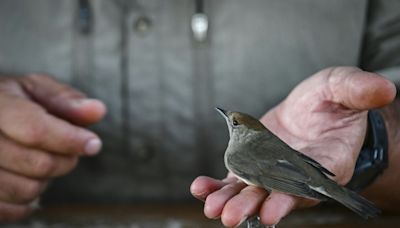Search results
People also ask
What is a population in biology?
What is the difference between population biology and population ecology?
What is the difference between population and species?
What does population size mean?
Apr 28, 2017 · A population is the number of organisms of the same species that live in a particular geographic area at the same time, with the capability of interbreeding. For interbreeding to occur, individuals must be able to mate with any other member of a population and produce fertile offspring.
Sep 20, 2023 · Population biology refers to the biological study primarily concerned with the growth and regulation of population size, population genetics, demography, life history evolution, and the interactions among species.
a. population. is all the organisms of the same or closely-related. species. in an area. an ecosystem is two or more populations of organisms (usually many more) in their...
Sep 6, 2024 · Population, in human biology, the whole number of inhabitants occupying an area (such as a country or the world) and continually being modified by increases (births and immigrations) and losses (deaths and emigrations). As with any biological population, the size of a human population is limited by.
A population is defined as a group of individuals of the same species living and interbreeding within a given area. Members of a population often rely on the same...
Population biology is a field of study that explores populations and how they interact with their environment. Scientists observe all factors influencing a population within an ecosystem when gathering data about specific populations of interest.

